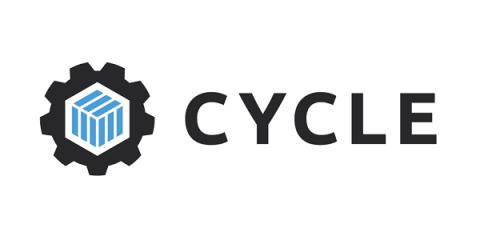3 DevOps Trends Set To Dominate 2025
Last year, we witnessed a significant influx of companies transitioning to Cycle from Kubernetes, ECS, and other container platforms. These interactions provided us a front row seat to the evolving culture of DevOps. This article dives into the three biggest DevOps trends that we see making a big impact in 2025.


